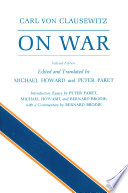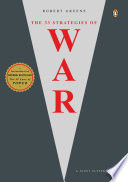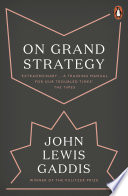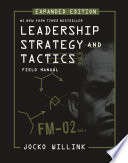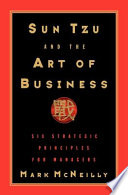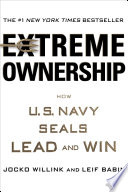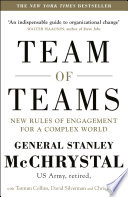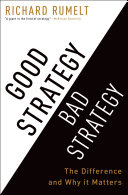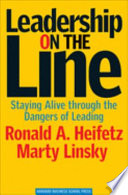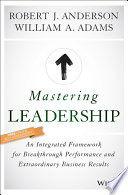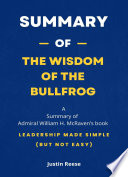Summary
Carl von Clausewitz's 'On War' is a seminal work that delves into the philosophy and theory of warfare, providing profound insights that remain relevant in contemporary military thought. The book is structured around Clausewitz's reflections on the nature of war, emphasizing that it is not merely a series of battles but a complex interplay of various elements, including politics, society, and human psychology. One of the central themes is the idea that war is an extension of politics, a concept that highlights the need for military leaders to align their strategies with political objectives. Clausewitz introduces the 'remarkable trinity'—passion, chance, and reason—as the foundational elements that shape the conduct of war. This trinity illustrates the dynamic interaction between the people, the army, and the government, emphasizing that successful military operations depend on understanding these relationships.
The author also addresses the 'fog' and 'friction' of war, which represent the uncertainties and challenges that commanders face in the field. These concepts underscore the importance of adaptability and flexibility in military strategy, as leaders must navigate the chaos of warfare while maintaining clarity of purpose. Additionally, Clausewitz discusses the significance of moral forces, such as morale and leadership, arguing that these intangible factors can be as critical as physical capabilities in determining the outcome of conflicts.
Another important aspect of Clausewitz's analysis is the distinction between defensive and offensive strategies. He posits that defensive warfare is inherently stronger, allowing for the exploitation of the enemy's mistakes, yet acknowledges the necessity of offensive actions to achieve decisive victories. This balance between defense and offense is crucial for military success, as it requires a nuanced understanding of the specific circumstances of each conflict.
Finally, Clausewitz emphasizes the role of military genius, which he defines as the ability to think critically, adapt to changing situations, and inspire troops. While theoretical knowledge is important, the unpredictable nature of war demands leaders who can act decisively and creatively under pressure. Overall, 'On War' is not just a manual for military strategy but a philosophical exploration of the complexities of human conflict, offering timeless lessons for military leaders, policymakers, and anyone interested in the nature of power and conflict in society.
